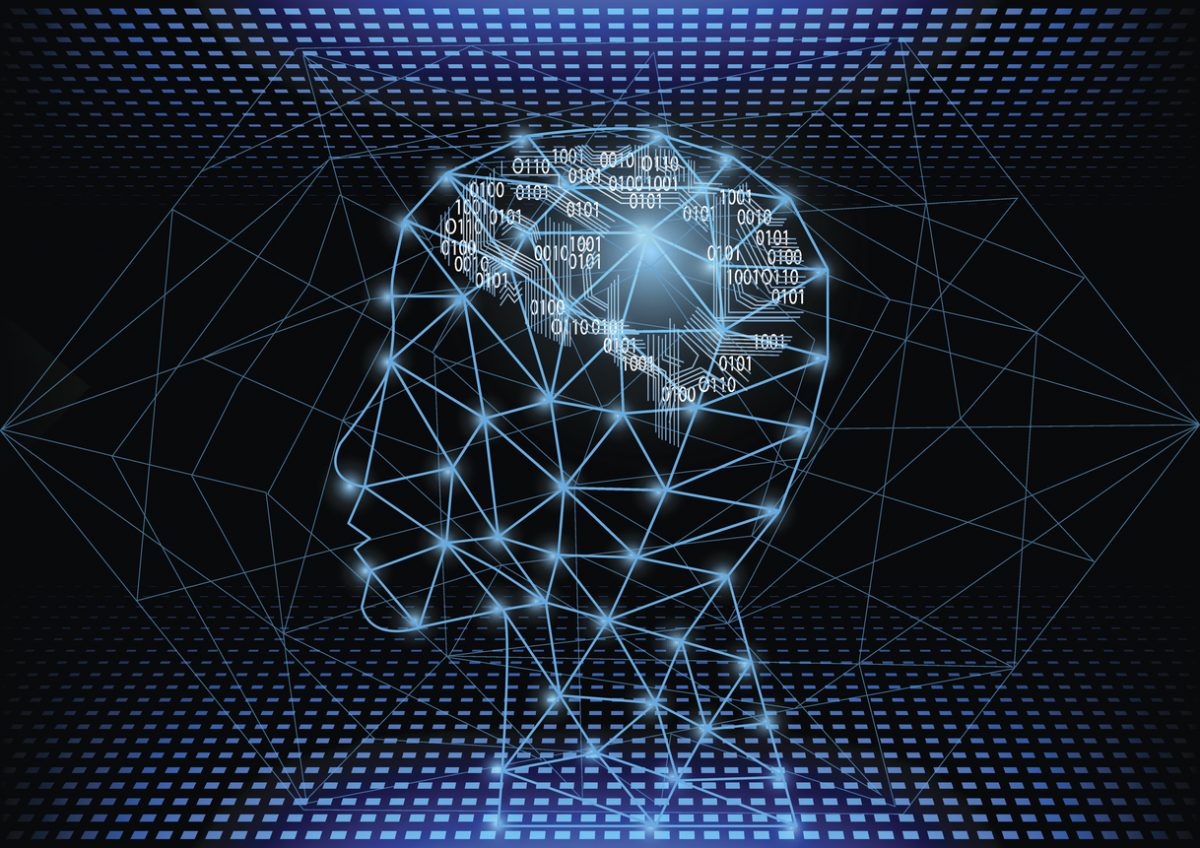
In December, Brazilian federal auditor Luis Andre Dutra e Silva improved the accuracy of cervical cancer screening by 81 percent using the Intel® Deep Learning SDK and GoogleNet using Caffe to train a Supervised Semantics-Preserving Deep Hashing (SSDH) network.
The driving factor behind the deep learning-based research that Silva and others are working on is that, as a leading cause of death, cancer affects millions of lives every year. Early detection and diagnosis can save not only billions of dollars but also countless lives.
Much of the data generated from research, trials and tests, however, comes from incompatible and innumerable sources that can be complex and labour-intensive to properly examine. As a result, the bulk of this data remains largely underutilised.
Scientists have begun to correct this, using deep learning architectures, including deep neural networks (DNNs) and recurrent neural networks (RNNs), to efficiently analyse complex data, reduce workloads, and decrease human error rates.
Employing these deep learning approaches can help drive diagnostic investigation at an earlier stage and facilitate the discovery of drug molecules and biomarkers.
DEEP LEARNING FOR DIAGNOSIS AND DISCOVERY
Researchers rely on medical imaging technology such as brain magnetic resonance imaging (MRI) to detect and model tumour progression. However, manual examination of tumours by physicians can be prone to motion and vision error, providing less stable results.
Now, deep learning models for medical image processing are being used to measure the size of tumours and detect previously unnoticed metastases. Such applications are helping medical practitioners achieve higher diagnostic accuracy, reduce false-positive findings and decrease the number of invasive biopsies.
In fact, researchers from Harvard Medical School’s Beth Israel Deaconess Medical Centre discovered an 85 percent reduction in error rate when pairing deep learning with pathologists to diagnose breast cancer.

Deep learning has also been highly successful in the treatment of life-threatening diseases by predicting pharmacological properties, such toxicity or side effects.
Scientists at Insilico Medicine, in collaboration with Datalytic Solutions and Mind Research Network, trained DNNs to use gene expression data to predict the therapeutic use of a large number of drugs. Even when the networks incorrectly guessed the therapeutic use, some drugs had dual use, indicating the possibility of using DNNs for drug repurposing.
CHALLENGES OF IMPLEMENTING DEEP LEARNING
Deep learning has the potential to transform the work of medical and paramedical practitioners but building a deep learning model in the medical field requires a unique set of skills.
Scientists working in medical research fields may not have enough computer science training. Having a team of experts in various computation languages, such as C++, Python, and Java will fill the gaps in computation skill needed to run healthcare projects.
Conversely, it is essential that deep learning experts have knowledge of the healthcare domain as well as a good understanding of DNNs and an awareness of the latest deep learning frameworks, libraries and APIs.
Intel supports developers working in healthcare projects with free AI training and tools, including examples of healthcare datasets with which to apply deep learning. Intel offers ideation and planning support as well as hands-on tutorials on how to select a deep learning framework and how to build an AI model.
DISCOVER MORE DEEP LEARNING APPLICATIONS IN HEALTHCARE
These initiatives in deep learning provide insight into the impact of deep learning on oncology, highlighting just a few of the potential areas of healthcare where scientists, AI Analytics Engineers, developers, and others can take part in building life-changing products and services using Intel® technologies.
Intel is committed to helping scale AI solutions through the developer community that create, use and analyse the massive amounts of data generated every second to improve the diagnosis and treatment of life-threatening diseases.
Find out more ways AI developers are contributing their time and talent to finding a cure. Discover the latest tools, optimised frameworks, and training for deep learning at the Intel® AI Academy.






